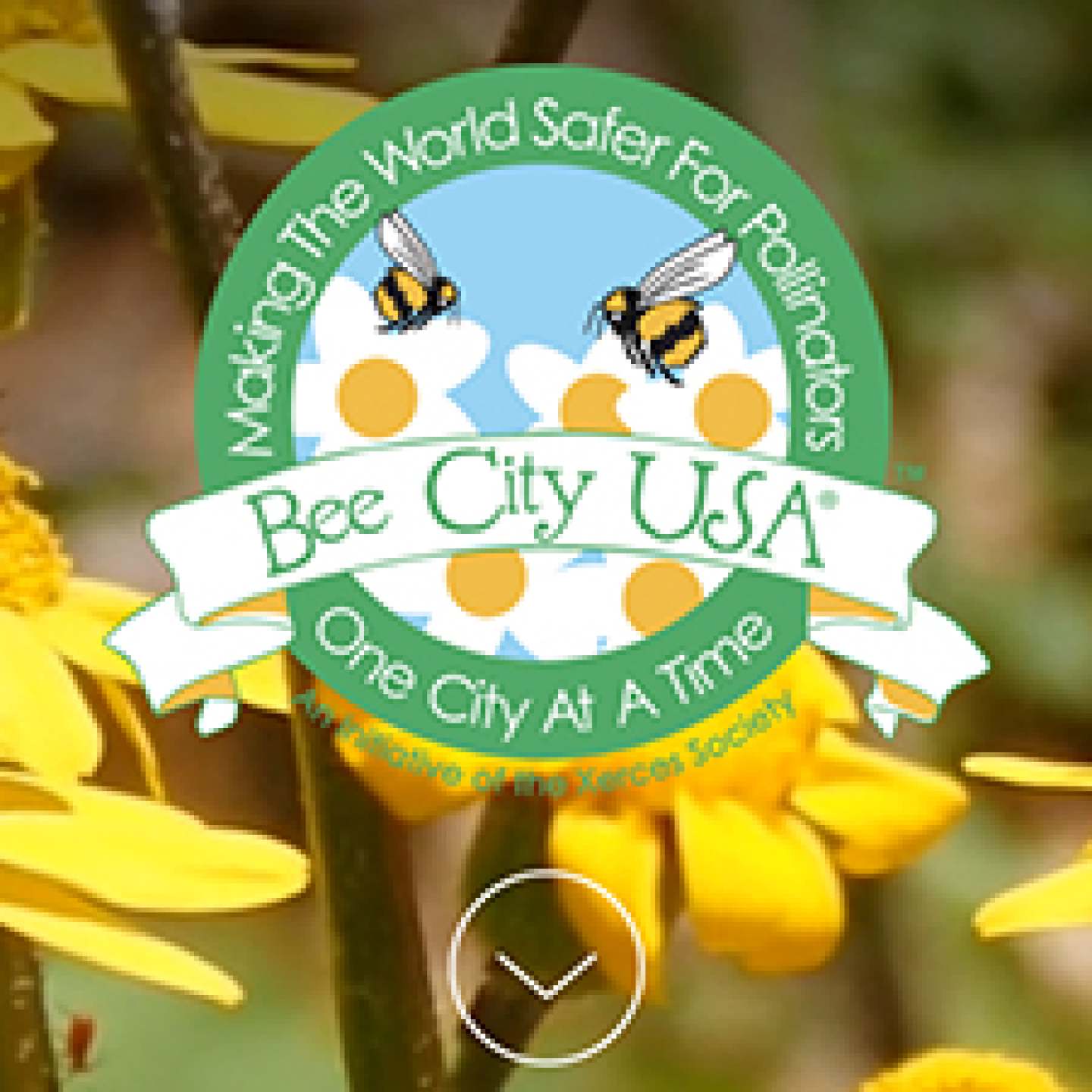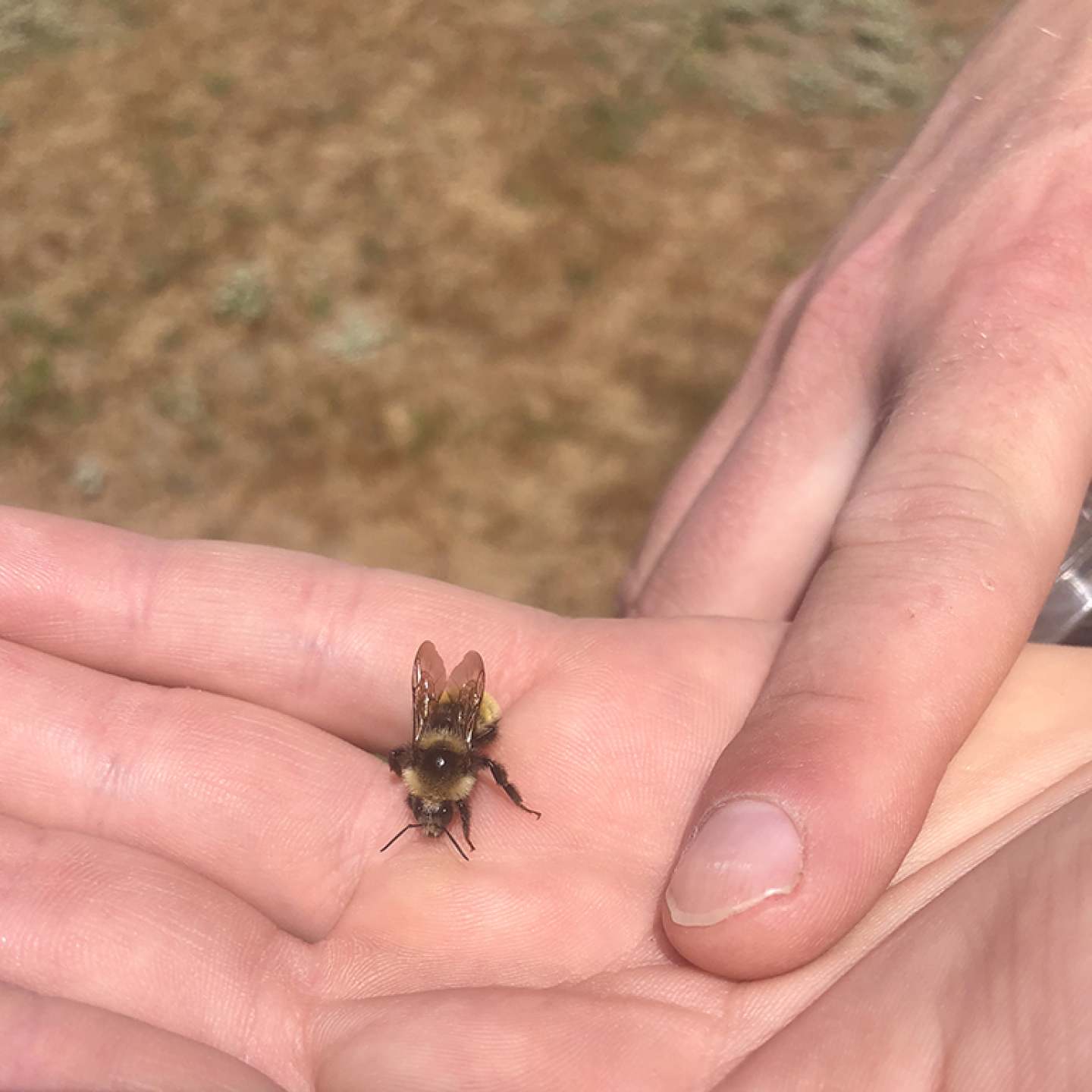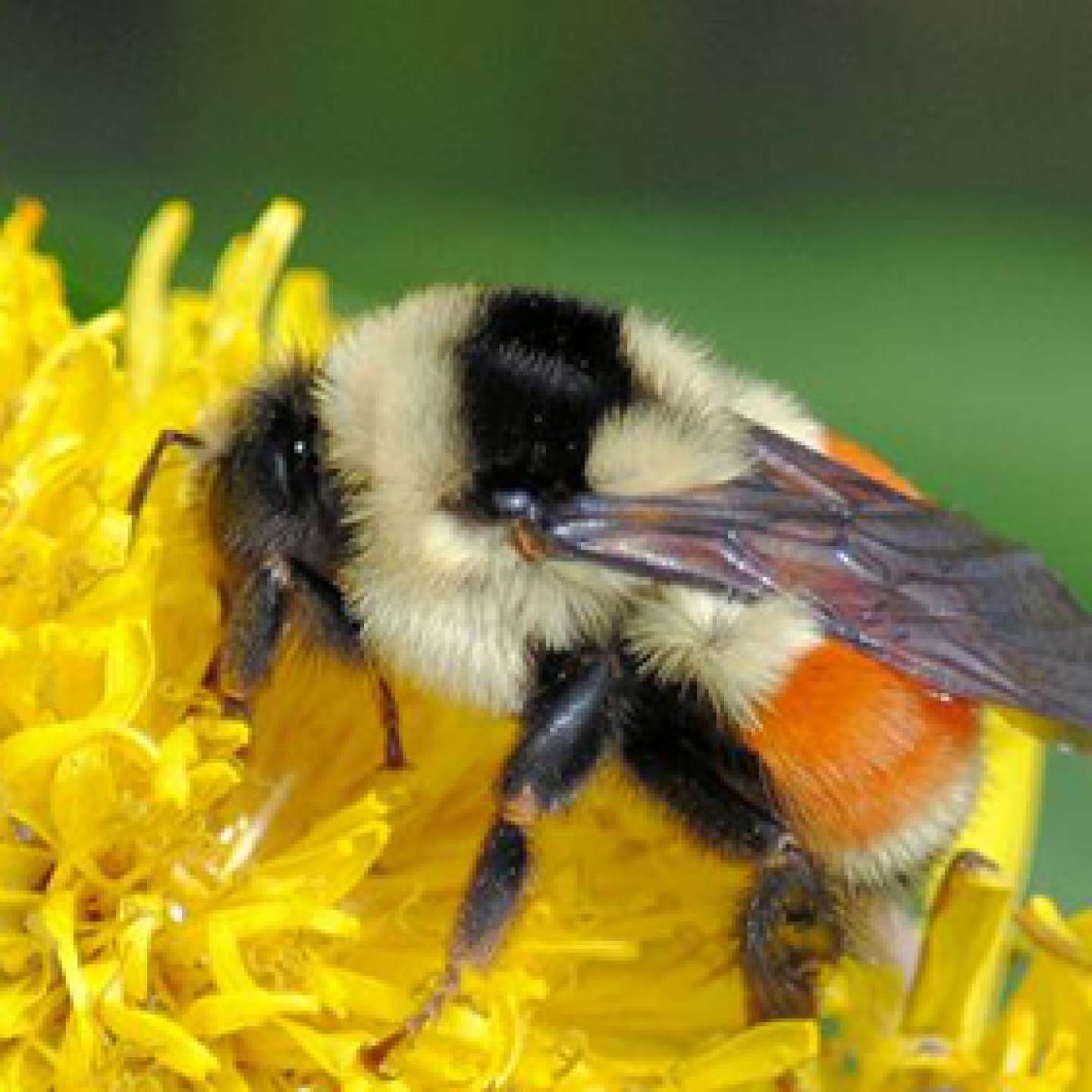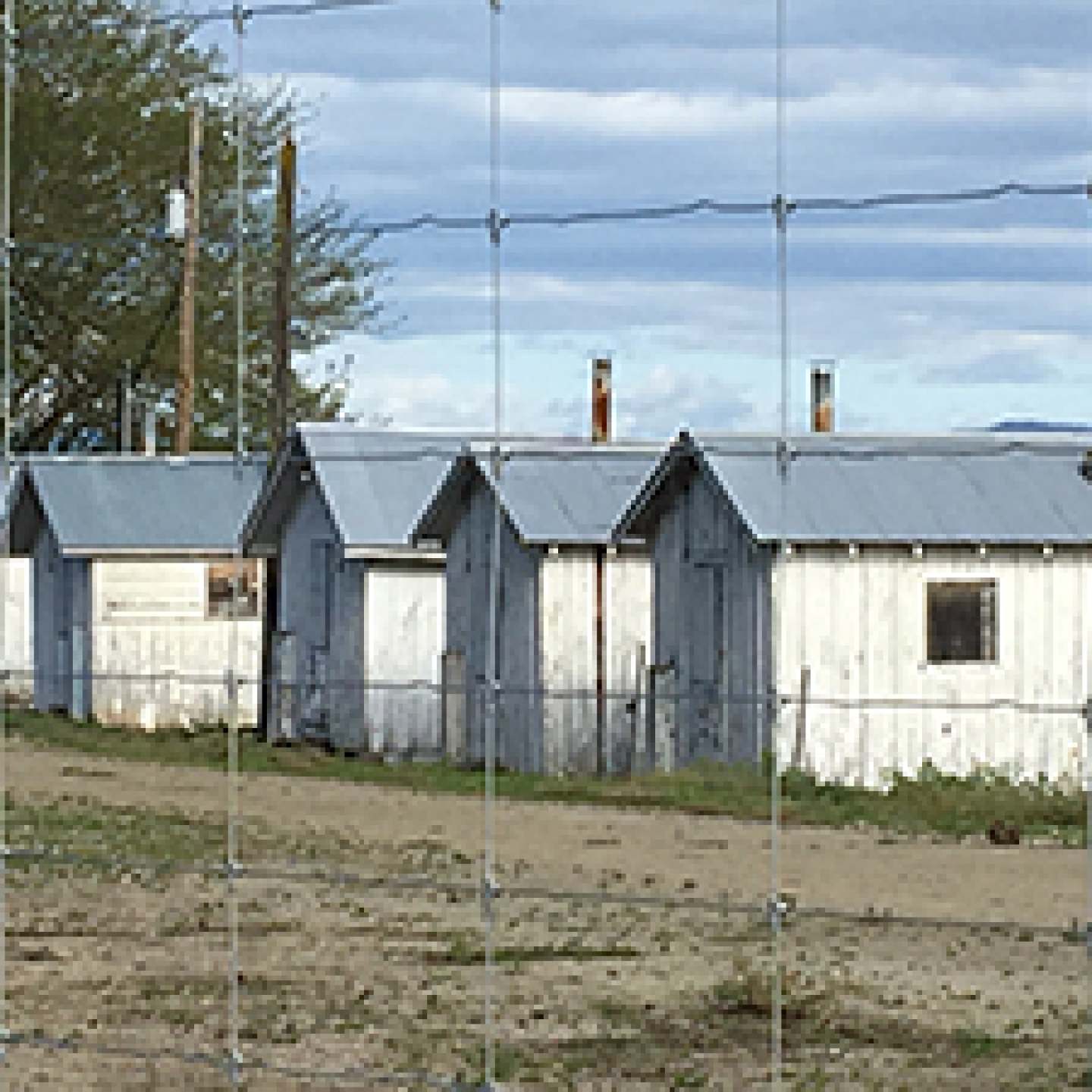By becoming a Bee City, The City of Eugene has formally acknowledged the importance of pollinators to healthy ecosystems and joined the national movement to protect and support our pollinators now and in the future. Bee Cities support collaboration to establish and maintain healthy pollinator habitats within city limits.
From Despair to Action: A Climate Activist Leader in the Making
Last November, I took my daughter to see 350.org’s community showing of Al Gore’s climate change film, An Inconvenient Sequel: Truth to Power, at Central Lutheran Church. I walked into the showing-room sanctuary where a man played the organ and multi-colored light crashed in through the stained glass windows. It seemed an appropriate venue to learn what humans are doing to one another and creation—this room was a place where many contemplated their idea of a creator. As Al Gore says, this is a moral issue.
STORIES FROM THE FIELD: Public comment needed to protect children from air toxics
I wanted to share my story with you with the hope that it will inspire you to take action. I have lived in the Eugene area for over 15 years. My grandparents moved here in 1980 and bought a beautiful farm just outside of Cottage Grove. As an environmental justice organizer for Beyond Toxics I have great concerns about the air quality in our state and the effect it has on children.
Counting on pollinators to return
While working alongside other local naturalists and bee-enthusiasts at the 2nd Annual Bee Count, I was thrilled to discover that at least 24 different species of native bees have returned to the Whilamut Natural Area, a rehabilitated prairie habitat north of the Willamette River. This was a remarkable turn-around for this area since non-herbicide habitat restoration efforts were implemented 14 years ago.
Protect Oregon's bees and have a good time doing it!
Important action is being taken across our state to protect honey bees. However, the public is less aware of the critical role Oregon’s native bees play in pollination and maintaining the healthy environment we all enjoy – nor of the threats they face. Did you know eight different species of native bees are currently listed on the United States Endangered Species List?
Farm Worker Rights in the Age of Trump
Oregon has over 300 registered farm worker housing camps and another 200 unregistered camps. Most of these camps are located within orchards and fields that are regularly sprayed with pesticides that are human carcinogens and neurotoxins. To protect farm workers, the federal law requires a minimum 100-ft. no-spray buffer around farm worker housing. You may be surprised and dismayed to learn that Oregon’s worker protection agency, the Occupational Health and Safety Administration (OSHA), wants to give Oregon farmers “a pass” on following the 100-ft pesticide buffer regulation.










